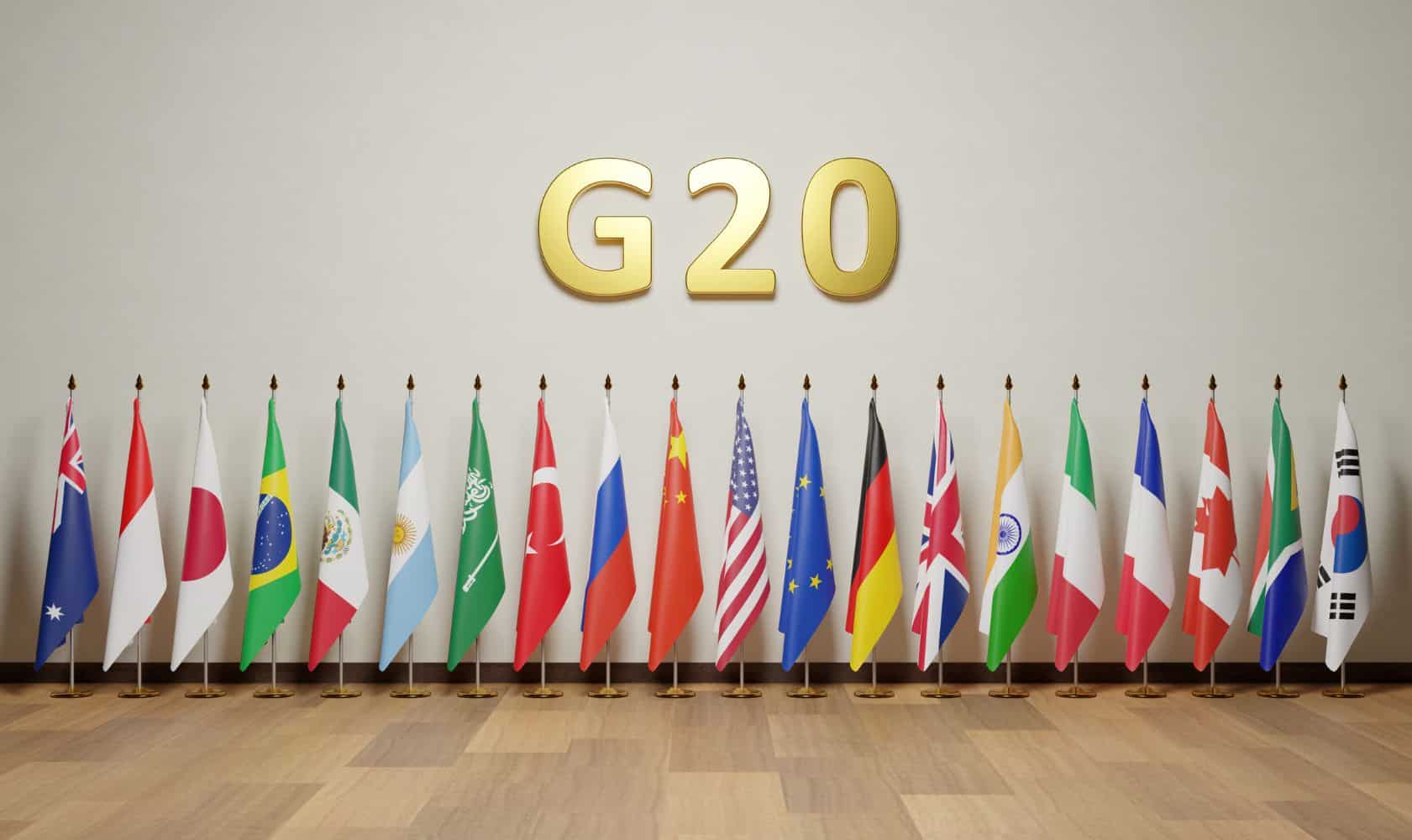With the G20 in town, South Africa has an ideal opportunity to strengthen ties with other countries to show it is a reliable partner.

South Africa’s role as a bridge between developed and emerging economies becomes strategically significant at the G20, while it will also be a test of the country’s supply chain leadership and global positioning as nations recalibrate supply chains to balance efficiency, resilience and geopolitical risk.
Ernst van Biljon, a supply chain management academic at IMM Graduate School, said South Africa’s presence at the G20 summit comes at a time of shifting global trade dynamics, where the world’s leading economies are redefining alliances, market access and industrial priorities.
“The summit’s agenda aligns closely with South Africa’s economic imperatives of infrastructure reform, industrial diversification and sustainable growth. However, the G20 moment also arrives amid rising global protectionism.
“The current US administration’s renewed tariff strategies and reshoring agenda signal a more inward-looking trade posture. For South Africa, this presents both risk and opportunity: the risk of reduced export access, but the opportunity to assert itself as a reliable, diversified trade partner across the global south.”
ALSO READ: Ramaphosa to receive G20 Africa expert panel report
SA must strengthen ties with Brics and AfCFTA to stop dependency on Western markets
Van Biljon said at a time when US tariffs are reshaping trade flows, South Africa must strengthen ties within Brics and the African Continental Free Trade Area (AfCFTA) to reduce dependency on Western markets.
“The country’s ability to act as a logistics and financial bridge between Africa and global trading blocs could redefine its long-term positioning. For South Africa to seize this opportunity, it must confront its domestic bottlenecks head-on.
“Freight rail and port systems are operating at less than 50% efficiency in key corridors, eroding export competitiveness. Recent Transnet reform efforts, including private participation in rail and port operations, mark an important step forward, but investment in infrastructure and governance reform must accelerate.”
ALSO READ: G20, B20 and credit rating upgrade opportunity for SA to show it is back in business
G20 can help channel targeted investments into trade arteries
He pointed out that strategic trade corridors such as the north-south corridor linking Gauteng to Durban and the Maputo Corridor into Mozambique remain critical to unlock regional competitiveness.
“G20 cooperation can help channel targeted investment into these trade arteries, coupled with digital infrastructure and customs integration that improves cross-border efficiency.”
Van Biljon said South Africa’s strong financial institutions and emerging technology sector give it a unique foundation for supply chain modernisation. AI-enabled logistics tracking, IoT-based rail management and predictive data analytics can transform the reliability and transparency of trade operations.
“The G20’s focus on digital transformation offers South Africa an opportunity to partner with global tech leaders to modernise its logistics networks and enable a fully data-driven trading ecosystem.”
ALSO READ: G20: Ramaphosa highlights ‘green shoots’ of an economic recovery
Brics expansion and tension between hemispheres is an opportunity for SA
He also said that the expansion of Brics and increasing tension between Western economies and the global south have reshaped the global trade conversation. “South Africa must now navigate between these spheres, using its credibility in both to advance African trade interests.
“As production hubs diversify away from Asia, Africa’s resource wealth and labour market make it a prime candidate for new manufacturing investment – but only if logistics infrastructure and regulatory certainty improve.
“Failure to act decisively risks ceding the logistics advantage to faster moving peers such as Kenya, Egypt or Morocco, which are already investing aggressively in port and industrial capacity. The next five years will determine whether South Africa consolidates its position as a regional logistics leader or remains on the periphery of global supply chains.”
ALSO READ: Tokyo boosts SA ties ahead G20 summit
G20 not only a diplomatic stage but also a stress test for SA
The G20 is not merely a diplomatic stage, Van Biljon said. “It is a stress test of South Africa’s readiness to lead Africa’s integration into the next generation of global trade.
“Turning policy intent into measurable reform through infrastructure modernisation, technology adoption and regional integration, will determine whether South Africa’s logistics ambitions translate into global influence.”
In an era of fractured globalisation, Van Biljon said South Africa’s advantage lies not in scale or low cost, but in trust, connectivity and geographic centrality. If leveraged strategically, these could anchor its emergence as the logistics and supply chain hub of the African continent.






